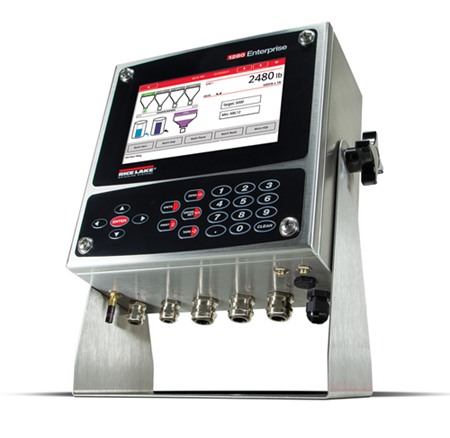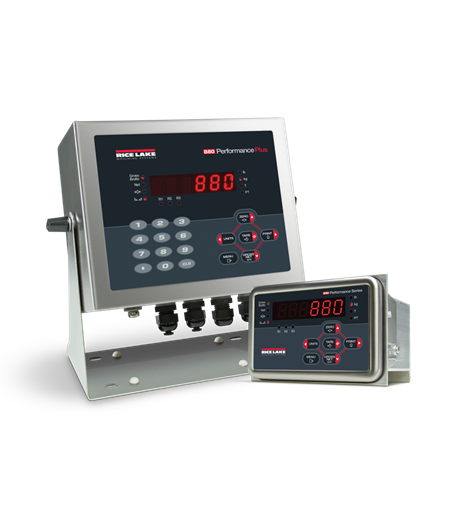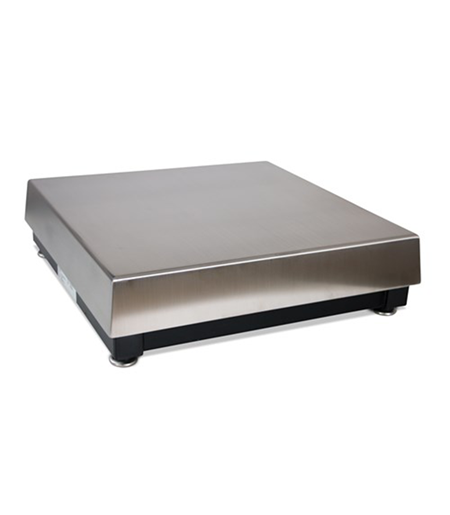Is the website displaying in the correct language? Please confirm or select a different language.
Your region has been set automatically. Please confirm or select a different region.
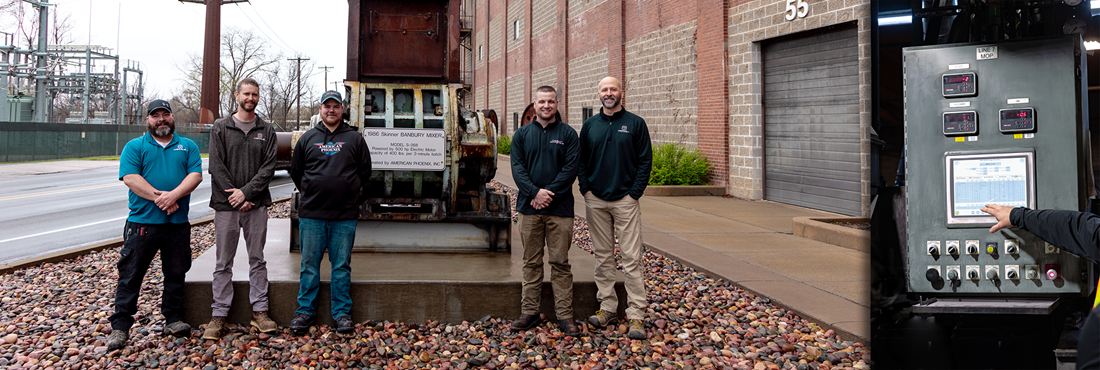
Rubber Reaches New Heights with Weight-based Automation
American Phoenix Inc., a custom rubber mixing and pre-weigh chemical packaging company, implemented Rice Lake products throughout their production process to improve efficiency, increase speed and meet expanding customer demands.
Publish Date: 08/18/2025
Weight Automation Rising From the Ashes
Banbury Place in Eau Claire, Wisconsin, USA, has a storied history in American manufacturing. The massive brick building, constructed in 1917 as Gillette Safety Tire Company, has changed names several times, and purposes a few times, over the decades. During World War II, the factory was converted into an ammunition plant before returning to its rubber-producing heritage in 1944. Since then, it has donned the names of US Rubber, Uniroyal and Michelin—all the while churning out tires known for high quality. Today, Banbury Place houses several businesses under its roof, including restaurants and apartments, but American Phoenix Inc. occupies the vast majority of its space.
American Phoenix, a custom rubber mixing and pre-weigh chemical packaging company, provides material for a huge variety of rubber products. Interestingly, the basic ingredients of each brand’s tire are largely the same; however, quantities make all the difference and precision is key. This is where American Phoenix rose from the ashes of tire manufacturers who abandoned Banbury Place in 1992. By reusing and repurposing legacy equipment left behind, the company created a valuable niche in the rubber industry as a custom mixer.
Removing Roadblocks with Streamlined Automation
The company’s master batch pre-weigh production line was upgraded with a 1280 for each ingredient, 10 total, organized in-line along a conveyor. When a recipe is entered, ingredients and quantities are loaded into the PLC and an empty bucket begins traveling down the belt line. If the recipe requires a certain ingredient, the bucket stops beneath a hopper and an actuator raises the bucket so it makes contact with a load cell. The 1280 controls ingredient flow while monitoring the bucket’s net weight. Once weight is reached, the bucket is lowered to disengage from the load cell and resumes its travel, making any necessary additional stops along the way.
Pat Fliehr, Line Operator and Purple Heart veteran, has worked for American Phoenix since 2014 and experienced both old and new automation systems. “We have everything dialed in almost perfectly now,” Pat explains. “It used to be hard to get a good weight sometimes but with Rice Lake’s new system, I don’t even need to touch it. It’s a lot quicker, too. On the old system, I would have to start the monitors by hand. Now it’s all automatic and it just goes!”
When the recipe is complete, all ingredients are mixed in a Banbury mixer, the building’s namesake origin, together with natural rubber, oil, carbon black and other chemicals. Dual weigh belts are controlled by an Allen-Bradley PLC interfaced to Rice Lake’s 880 Performance™ Series panel-mounted controllers and load cells. In the control room, a custom program oversees the process, capturing weight from the 880 in a continual process. In less than five minutes, the proper mixture and temperature is achieved, and the batch will be mixed up to three more times, then cured into a solid state.
Solid rubber is still malleable at this temperature and is stacked in overlapping ribbons. This is its final form of the process as it is then palletized, weighed on a RoughDeck® floor scale, assigned a bar code and eventually loaded into outgoing trucks.
Once received by the customer, American Phoenix’s rubber is processed for use in the automotive industry, agriculture or belting. “While most auto tires are similar, with variations based on purpose, season and manufacturer’s preference, agricultural tires can be vastly different,” says Jim Pake, Production Supervisor for American Phoenix. “Most people might not know that a tractor tire uses different chemicals and fillers tailored for field use.”
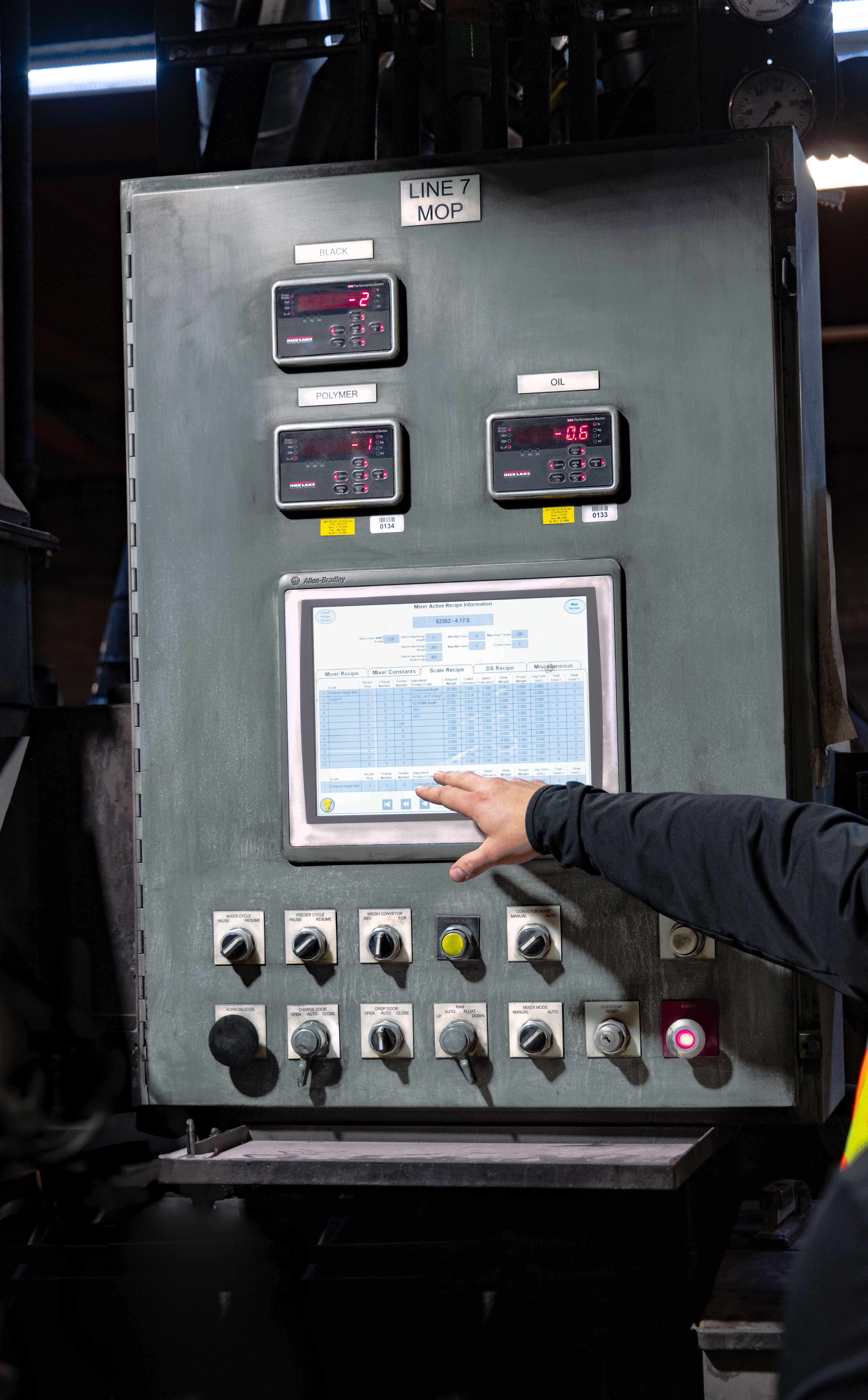
Steering the Way to New Processes
Another way American Phoenix is accommodating customer demand is by implementing new processes. A “C-line” was created to target larger weighments of the same chemical, rather than bogging down other production lines with this repetitive task. The C-line began as a standalone system yet is evolving into a miniature version of a full production line, increasing output of bulk chemicals. “The 1280 interfaces with our two-way software,” explains Andrew Derks, Electro-mechanical Technician/Project Coordinator. “It not only runs the line but communicates with our web portal to track quantities produced, ingredients used and production time. The 1280 is invaluable for controlling our mix but also provides insight into our inventory in real-time. It’s a very versatile controller.”
While a conveyor will soon be added to the C-line to fully automate the production of specific, large-quantity chemicals, today’s process is simple yet effective:
- An operator selects the customer and recipe from a nearby computer running custom software.
- To verify the correct chemicals are in place, barcodes are scanned on appropriate hoppers.
- Automation begins, controlled by the 1280 and weight received from a BenchMark™ platform scale.
- Flow is performed with fast fill, slow fill and preact (amount of material anticipated to fall into the container after flow has been turned off). In the near future, with equipment upgrades, weighments will be acquired by a conveyor with load cells.
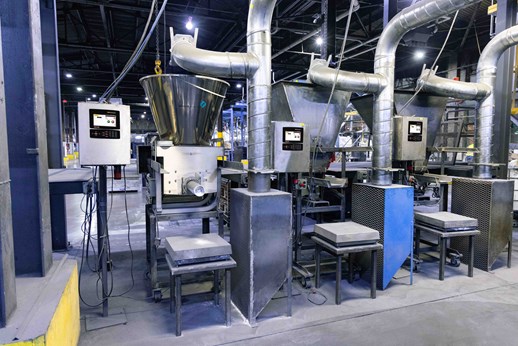
Saving Time with Efficient Batching Equipment
American Phoenix’s entire Banbury Place production is a testament to not only sophisticated weighing and control equipment, but also to the people involved. Mike Seeley, Andrew Derks and others worked closely with Brian Potter, John Wright and Curt Hilton at UniFide CST to define needs, customize the 1280 user interface, 1280 and 880 programming, and install equipment to interface with existing equipment.
“One of the greatest things we utilize with this installation is the 1280’s web server,” explains John Wright, Automated Scale Technician for UniFide CST. “Any time we need to change configuration or programming, we can VPN into American Phoenix’s network and access any connected 1280 to make changes.”
Curt Hilton, Automated Scale Technician for UniFide CST, also adds, “It was a huge time-saver. While this application was just 30 minutes away, we have installations all over the United States. Being able to access and update the 1280 remotely is a game-changer.”
Expanding Operations with Automated Processes
With one line fully upgraded and the C-line future’s planned, American Phoenix is planning to upgrade their second Banbury Place production line to match the first. The system has proven to excel in every aspect, and the company would like to also duplicate it in their other locations. While Eau Claire is home to its main manufacturing plant, additional locations across the United States include Fayetteville, North Carolina; Danville, Virginia; Lawton, Oklahoma and Topeka, Kansas. One of the benefits of the rubber industry is the product’s consumable nature. As long as there are cars on the road and tractors in the field, wherever the rubber meets the road, American Phoenix is leading the way.
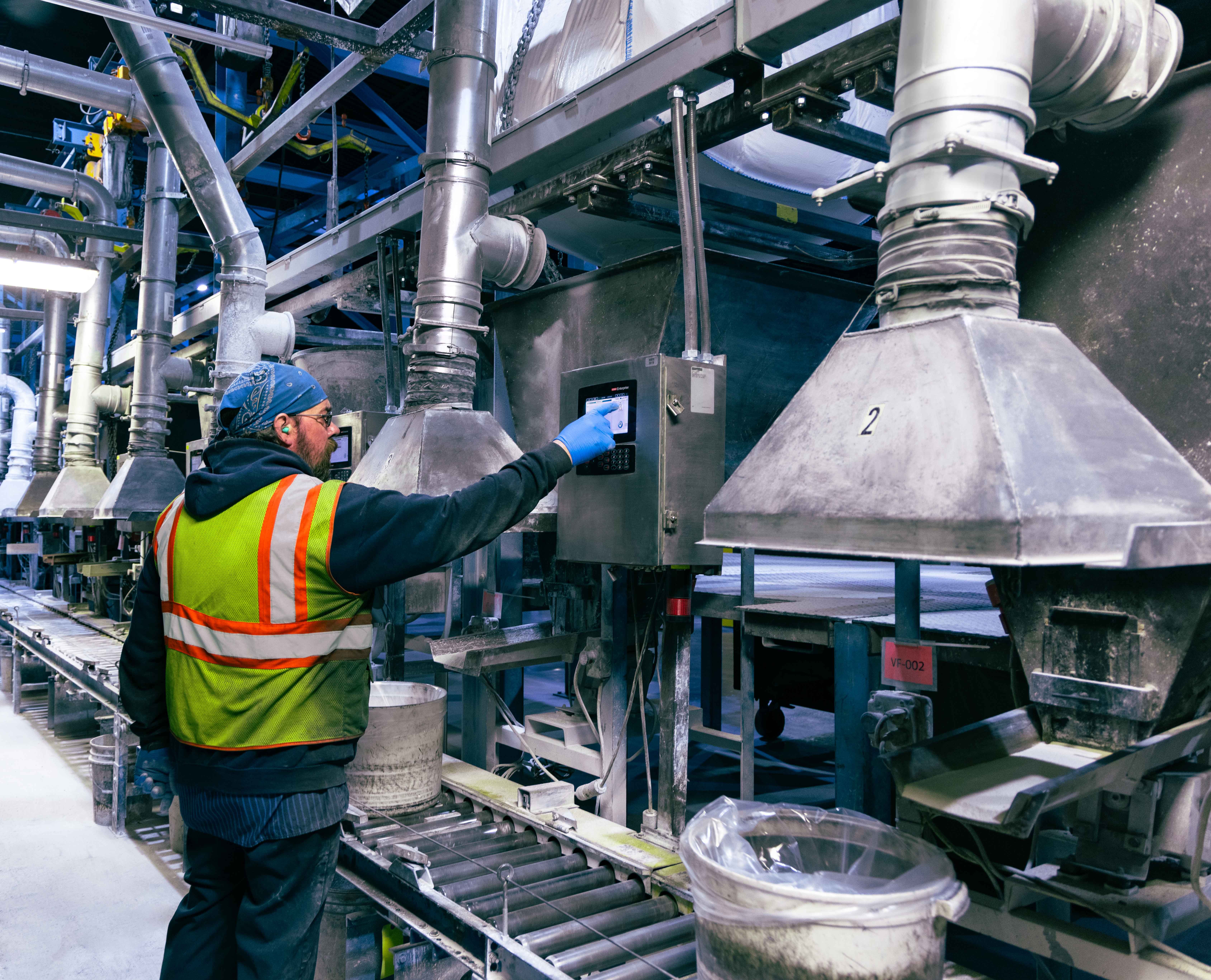
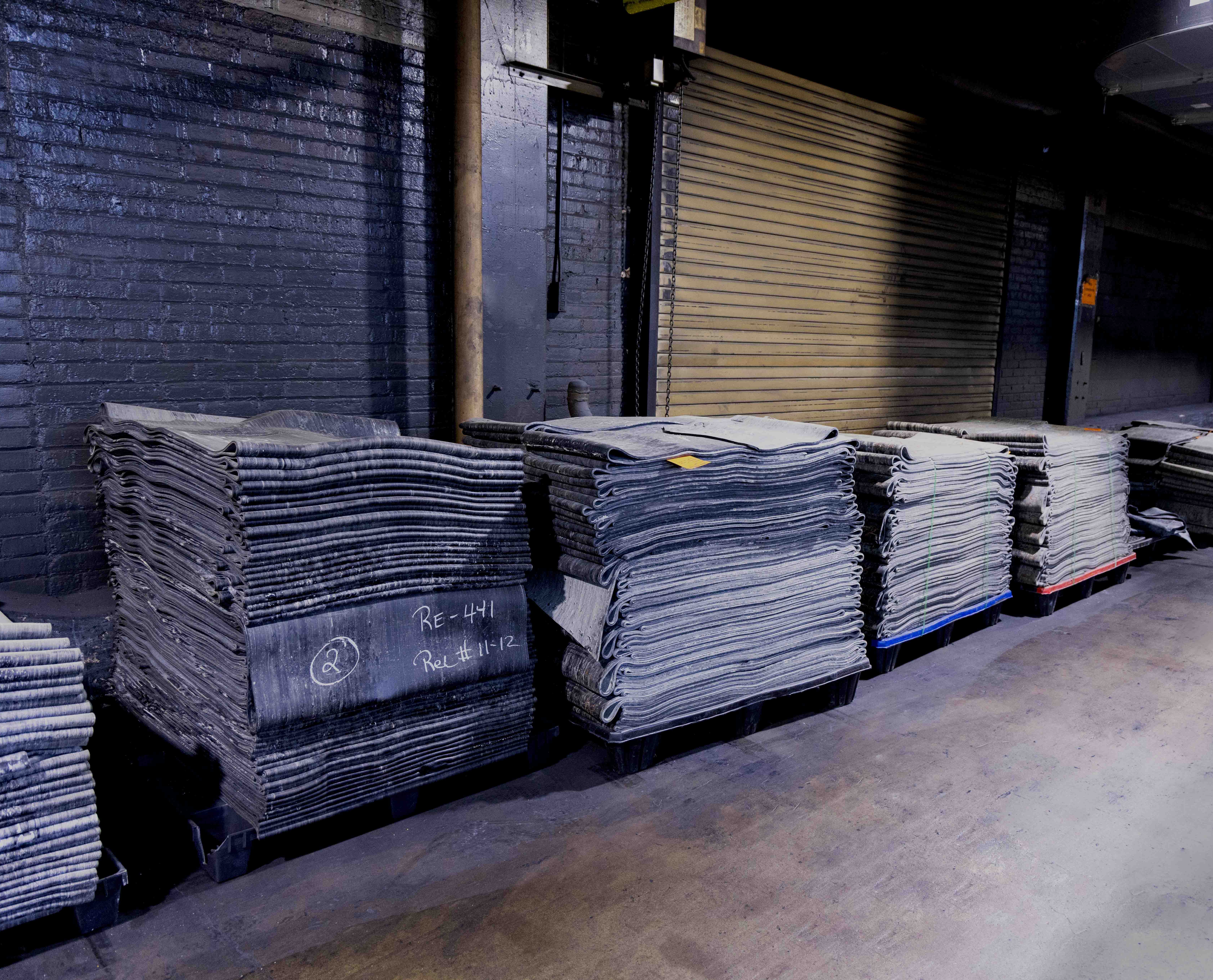
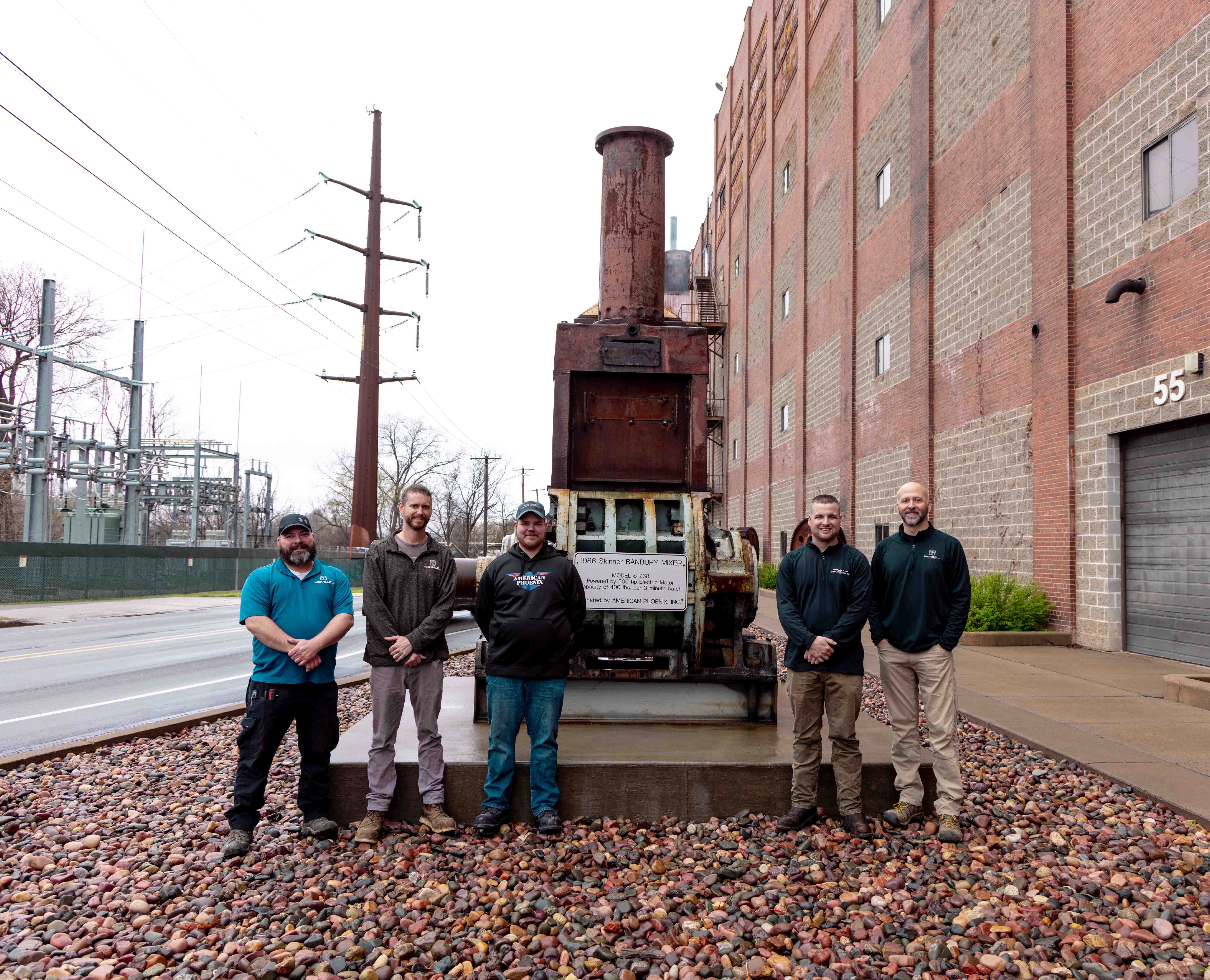
Subscribe to Rice Lake Magazine
Sign in or create a Rice Lake website account to request a Rice Lake Magazine filled with application stories like this one be sent to you.
Account Sign In Create an Account


 My Account
My Account
